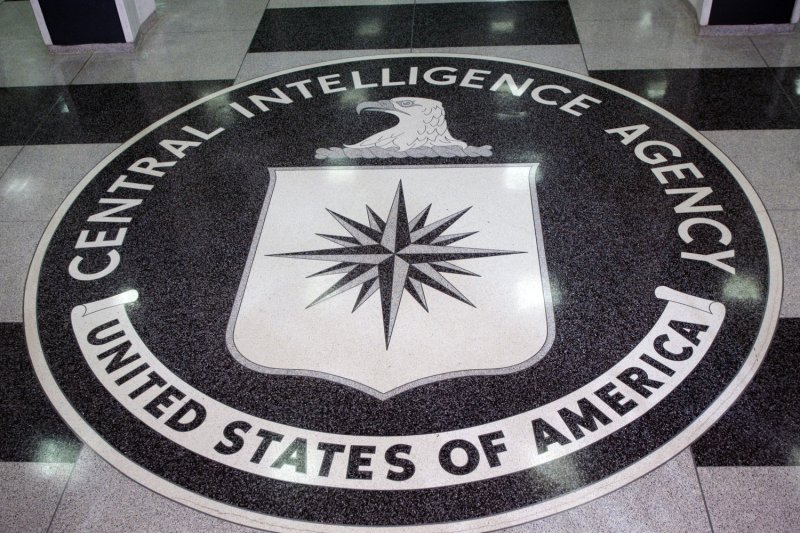Psychologists Helped With Interrogation After 9/11, Investigation Finds

WASHINGTON, July 10 (UPI) — Psychologists collaborated with the U.S. Department of Defense and Central Intelligence Agency in the aftermath of 9/11 — in order to allow agents to perform harsher interrogations on terror suspects in good conscience, a report stated Friday.
The independent review, commissioned by the American Psychological Association, contains findings by a former prosecutor and sheds light on the role against terrorism played by mental health professionals.
U.S.interrogations of terror suspects following 9/11 often applied methods that are considered torturous by some — such as waterboarding, an infamous tactic that involves covering a suspect’s face and pouring water onto it to simulate drowning.
According to the 542-page report, the APA’s ethics director and others “colluded with important [Department of Defense] officials to have APA issue loose, high-level ethical guidelines” that enabled the Pentagon to interrogate suspects at the Guantanamo Navy base in Cuba.
In April, a group of doctors, professors and human rights advocates accused the APAof assisting the Bush administration with interrogations but it wasn’t until Friday’s report that the organization admitted to the accusations.
The investigation took eight months to complete and concluded that the APA’s primary motivation was to align itself with the Pentagon. In issuing the report, the organization apologized for “deeply disturbing” findings and organizational failures.
The APA’s Board of Directors in November asked Texas attorney David Hoffman, who served as Chicago’s U.S. Attorney between 1998 and 2005, to launch a thorough and independent review of the matter.
“The Hoffman report contains deeply disturbing findings that reveal previously unknown and troubling instances of collusion,” Dr. Susan McDaniel, a member of the Independent Review’s Special Committee, said.
“Our internal checks and balances failed to detect the collusion, or properly acknowledge a significant conflict of interest, nor did they provide meaningful field guidance for psychologists,” Dr. Nadine Kaslow, chair of the Independent Review’s Special Committee, added. “The organization’s intent was not to enable abusive interrogation techniques or contribute to violations of human rights, but that may have been the result.”
A Senate intelligence committee concluded in December that interrogation methods used after Sept. 11, 2001, were more brutal than the Pentagon or CIA ever let on.
The APA Board recommended multiple changes as a result of the report — including a ban on psychologists participating in interrogations, a change in the organization’s ethics processes, and efforts to ensure that all APA policies are in accordance with core human rights values.
“This bleak chapter in our history occurred over a period of years and will not be resolved in a matter of months,” Kaslow said. “There should be no mistaking our commitment to learn from these terrible mistakes and do everything we can to strengthen our organization for the future and demonstrate our commitment to ethics and human rights.”
Like Us on Facebook for more stories from GephardtDaily.com







